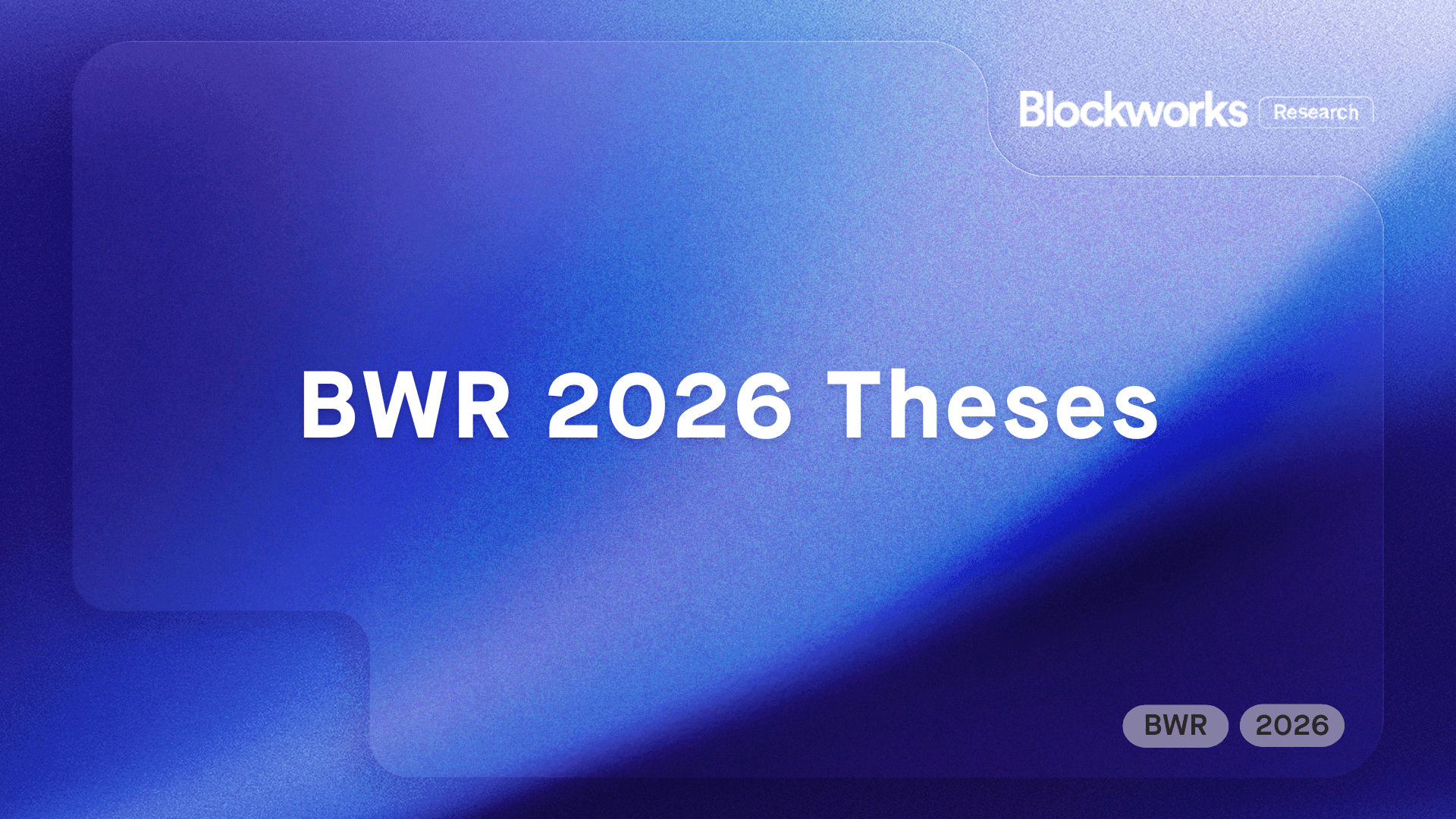
Camelot TokenGRAIL
Live Camelot Token price updates and the latest Camelot Token news.
price
sponsored by
$0
$0
(NaN%)
24h low
$327.74
24h high
$423.72
The live Camelot Token price today is $0 with a 24-hour trading volume of $92.05K. The table above accurately updates our GRAIL price in real time. The price of GRAIL is % since last hour, % since yesterday. The live market cap, measured by multiplying the number of coins by the current price is . GRAIL has a circulating supply of 22.28K coins and a max supply of 85.90K GRAIL.
Camelot Token Stats
What is the market cap of Camelot Token?
The current market cap of Camelot Token is $. A high market capitalization implies that the asset is highly valued by the market.
What is the current trading activity of Camelot Token?
Currently, ∞ of GRAIL were traded within 24 hours of time. In other words, $92.05K have changed hands within the past 24 hours through trading. That's a change of 0%.
What is the current price of Camelot Token?
The price of 1 Camelot Token currently costs $0.
How many Camelot Token are there?
The current circulating supply of Camelot Token is 22.28K. This is the total amount of GRAIL that is available.
What is the relative popularity of Camelot Token?
Camelot Token (GRAIL) currently ranks -1 among all known cryptocurrency assets. The popularity is based on relative market cap.
market data
$
%
#-1
$ 92.05K
22,000
recent research
Research
As the year comes to an end, it’s a good time to reflect on the progress made in 2025 and how we’re positioned heading into 2026. This report outlines our key theses across each analyst's focus area, spanning capital formation, onchain spot trading platforms, prediction markets, DePIN, credit markets, perpetuals, and more.
Research
Galaxy sits at the intersection of two defining cycles in crypto and AI. Digital Assets is Galaxy’s institutional crypto franchise, spanning trading, lending, and asset management and infrastructure solutions. Helios is the company’s contracted AI HPC data center buildout, positioning Galaxy for a multi year ramp in longer duration infrastructure cash flows. Treasury and Corporate is a volatile sleeve of crypto and venture exposures that can amplify earnings swings and complicate valuation. We view this mix as both the opportunity and the challenge. It creates a rare one ticker barbell on crypto activity and contracted AI infrastructure cash flows, but it also adds complexity that can obscure earnings and delay a clean sum of the parts rerating.
by Sam Schubert
/

